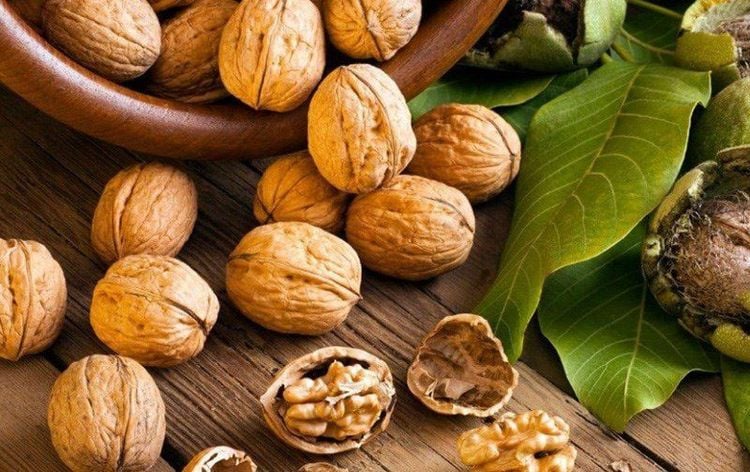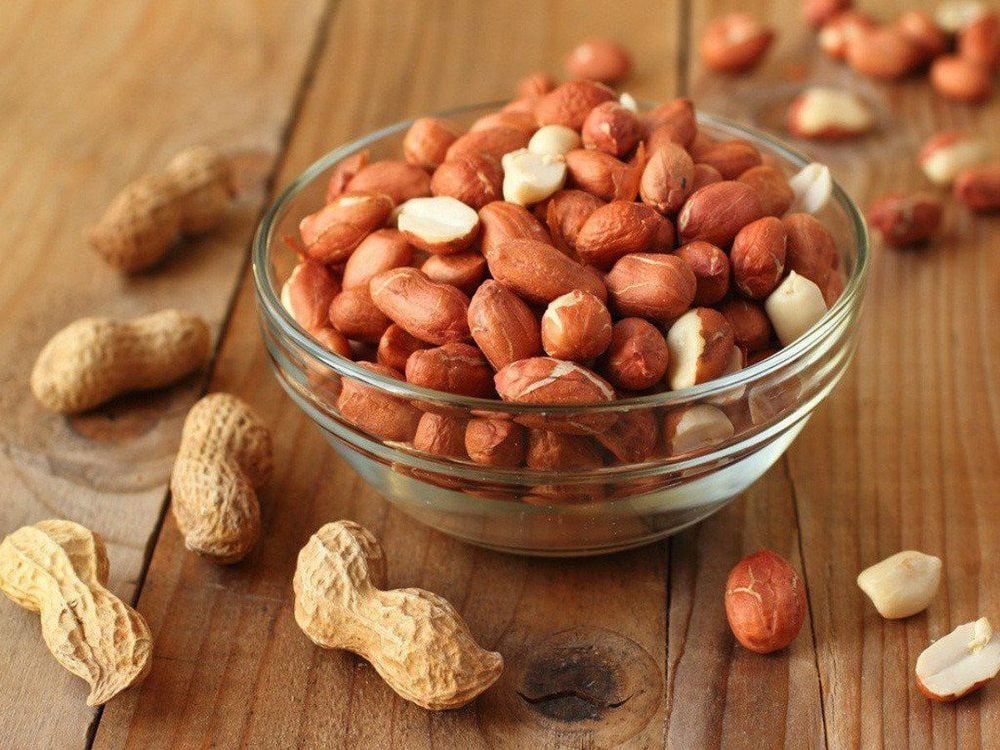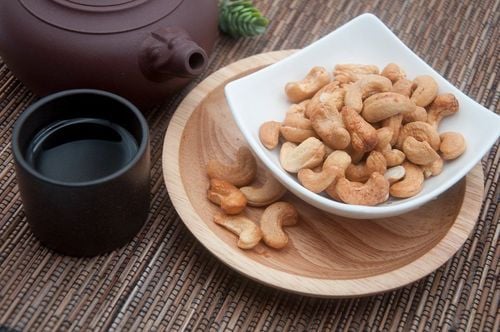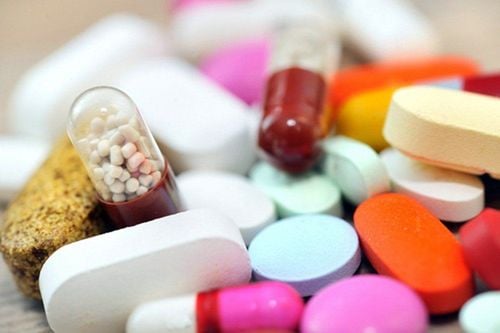This is an automatically translated article.
What seeds do diabetics eat? Or what are the nuts that diabetics should eat? is a question asked by many people with type 2 diabetes. Nuts offer a number of benefits for people with diabetes. Studies show that nuts may even reduce the risk of type 2 diabetes. Learn more about nuts that are good for diabetics in the article below.1. What are the benefits of nuts for diabetics?
A study of 117 people with type 2 diabetes in 3 groups with different daily diets including: 57g of almonds per day, a healthy muffin (a healthy whole-wheat cake). , sweetness from apple concentrate rather than sugar), almonds and muffin halves. The results of the study showed that a diet packed with 57g of almonds per day had better results after 3 months in both blood sugar and LDL cholesterol levels (the "bad" cholesterol) compared to the participants in the study. remaining 2 groups. In this study, patients were still taking antidiabetic drugs in parallel with the above menu.The almond diet reduced HbA1c levels significantly more than other diets. The American Diabetes Association has listed nuts as one of the beneficial foods for people with the disease, including: peanuts, almonds, pistachios, cashews, walnuts and hazelnuts. Nuts are good for people with diabetes because they contain high levels of beneficial fats. These are the unsaturated fats in nuts that perform a variety of important body functions, such as supporting cell growth and protecting organs, including the heart. In addition, nuts are rich in protein and many other important nutrients for the body, including:
Fiber Lots of vitamins, for example vitamin E Folate (vitamin B9) Thiamine (vitamin B1). ) Minerals, such as Magnesium, Potassium Carotenoid Antioxidant Phytosterol
2. What nuts do diabetics eat?
Here are some good nuts for diabetics, but not all of them are beneficial, so avoid using these nuts with salt because salt can increase the risk of complications from diabetes. Street.Almonds: Studies from 2011 and 2017 looked at the effect of almond consumption on blood sugar. The results showed that incorporating almonds into the diets of participants with type 2 diabetes for 12 or 24 weeks resulted in lower blood sugar levels and a lower risk of heart disease. Almonds help reduce potentially artery-clogging fats such as low-density lipoprotein (LDL) cholesterol and increase high-density lipoprotein (HDL) cholesterol. In each 100g of almonds contains
Protein: 2115g Fat: 4993g Carbohydrate: 2155g Fiber: 125g Sugar: 435g Calcium: 269 mg Iron: 371 mg Magnesium: 270 mg Phosphorus: 481 mg Potassium: 733 mg and Vitamin E: 2563 mg Walnuts: Walnuts are high in calories, however one study found they did not have a major impact on body weight or composition. Another study found that a diet rich in walnuts could improve the ratio of HDL to LDL without negatively affecting body weight. A 2018 study investigating the association between walnut consumption and diabetes risk in 34,121 people found that those who ate walnuts in the last 24 hours had half the risk of developing diabetes. group did not eat during the above time. 100g of walnuts provides 654 calories and the nutritional composition of walnuts, calculated in 100g includes:

Hạt óc chó là một trong những loại hạt tốt cho người tiểu đường
Protein: 18.22 g Fat: 43.85 g Carbohydrate: 30.19 g Fiber: 3.30 g Sugar: 5.91 g Calcium: 37 mg Iron: 6.68 mg Magnesium: 292 mg Phosphorus: 593 mg Potassium: 660 mg Pistachios: is a nut rich in energy but at the same time contains a good amount of fiber and healthy fats. strong. The study also found that the ratio of HDL to LDL was significantly better in the pistachio-eating group than in the regular-diet group. People on the pistachio diet also had lower triglyceride levels and reported better heart health. In 100g of pistachios contains 560 calories and nutrients include:
Protein: 20.16 g Fat: 45.32 g Carbohydrate: 27.17 g Fiber: 10.60 g Sugar: 7.66 g Calcium: 105 mg Iron: 3.92 mg Magnesium: 121 mg Phosphorus: 490 mg Kaki: 1025 mg Peanuts: this is a nut that provides protein and fiber. Peanuts may aid in weight loss and reduce the risk of heart disease. Studies on the effects of peanuts on the diets of obese and at-risk women for type 2 diabetes have shown that not only does it help control blood sugar levels, peanuts also help reduce cravings. participants' meals. From there, it can help with weight loss and has a significant impact on diabetes risk. The fats in peanuts are mostly healthy monounsaturated/polyunsaturated fatty acids (PUFAs). In addition, they also have a number of polyphenols, antioxidants, flavonoids and amino acids. In 100g of peanuts contains 576 calories and the amount of nutrients includes:

Đậu phộng là loại hạt dễ tìm, dễ chế biến và tốt cho người tiểu đường
Please dial HOTLINE for more information or register for an appointment HERE. Download MyVinmec app to make appointments faster and to manage your bookings easily.
References: medicalnewstoday.com, webmd.com, medicalnewstoday.com












